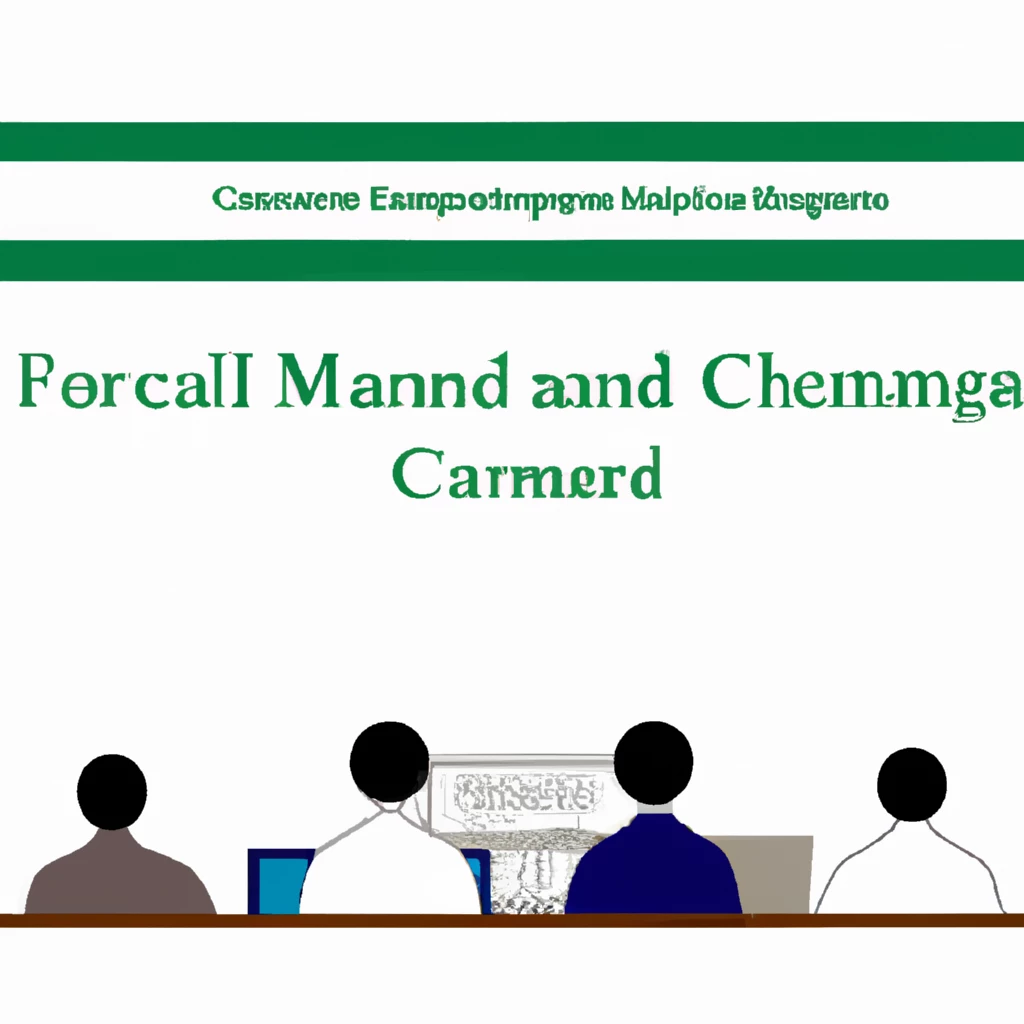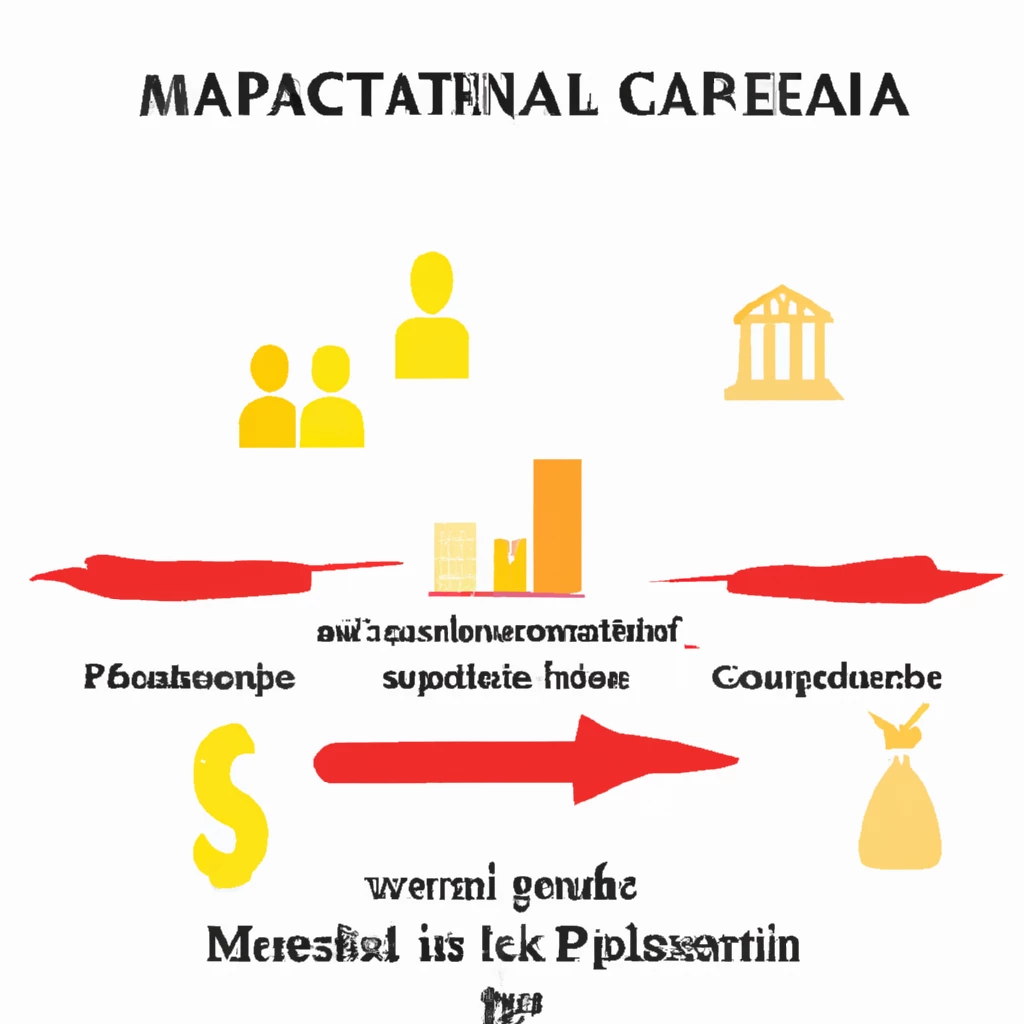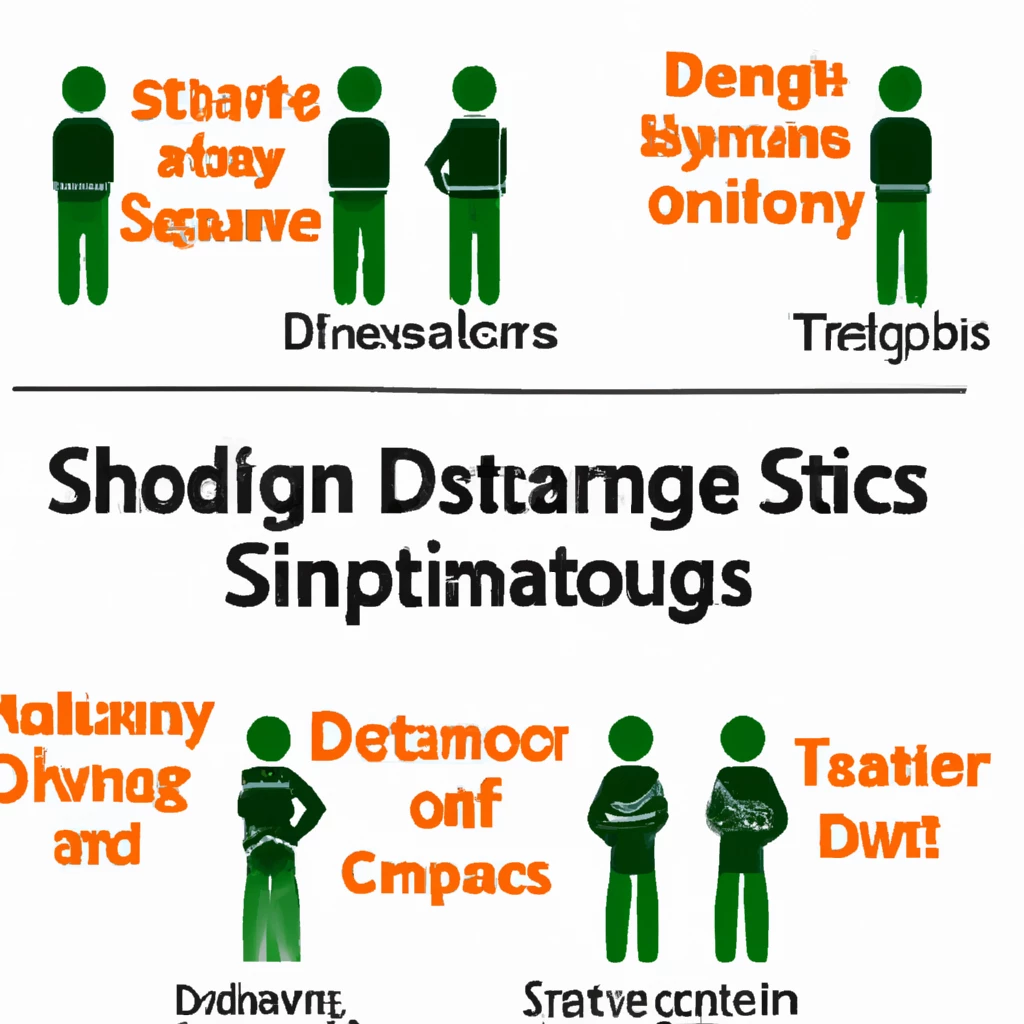
What is a Futures Commission Merchant – FCM
A pivotal player in the world of futures trading, a Futures Commission Merchant (FCM) serves as the bridge connecting customers to the futures markets. An FCM, whether an individual or an entity, facilitates the buying and selling of futures or options on futures by accepting orders from customers in exchange for a commission or other assets. In addition to this vital role, an FCM is tasked with collecting margins from customers and ensuring the delivery of assets once the futures contract expires.
In the European context, FCMs are akin to clearing members within the futures market ecosystem.
Key Takeaways
- A Futures Commission Merchant (FCM) facilitates trading activities by accepting and executing future contracts on behalf of customers.
- An FCM handles the collection of margins from customers and guarantees asset or cash delivery as agreed upon in the contract terms.
- Registration with the National Futures Association (NFA) and accreditation by the Commodity Futures Trading Commission (CFTC) is mandatory for FCMs.
Basics of Futures Commission Merchant (FCM)
To operate legally, FCMs must be registered with the National Futures Association (NFA) unless they exclusively handle transactions for the firm itself, its affiliates, top executives, or directors, or in cases involving non-U.S. residents or firms with solely non-U.S. clientele that clear all trades through an FCM.
FCMs can be distinguished as either clearing member firms of one or more exchanges (“clearing FCM”) or non-clearing member firms (“non-clearing FCM”). Clearing FCMs are mandated to maintain substantial deposits with the clearing house of any exchange they are a member of, whereas non-clearing FCMs must rely on a clearing FCM for trade clearance of customer transactions.
Furthermore, FCMs must adhere to the guidelines set by the Commodity Futures Trading Commission (CFTC), including:
- Segregation of customer funds from FCMs funds
- Maintenance of a minimum of $1,000,000 in adjusted net capital
- Reporting, recordkeeping, and monitoring of employees and affiliated brokers
- Monthly submission of financial reports to the CFTC
FCMs empower customers to engage in futures trading and extend credit to those pursuing such trading positions. They serve as intermediaries, similar to stockbrokers, by executing futures contracts on behalf of customers. At contract maturity, the FCM ensures fulfillment by delivering the commodity or cash to the customer.
In addition to facilitating futures trading, FCMs enable farmers and businesses (referred to as commercials) to mitigate risks and offer clients access to exchanges and clearinghouses. These FCMs can operate as subsidiaries of larger financial institutions or as independent entities. However, following the enactment of the Dodd-Frank legislation in 2010, the number of FCMs, particularly smaller independent ones, has dwindled due to increasing regulatory demands.







